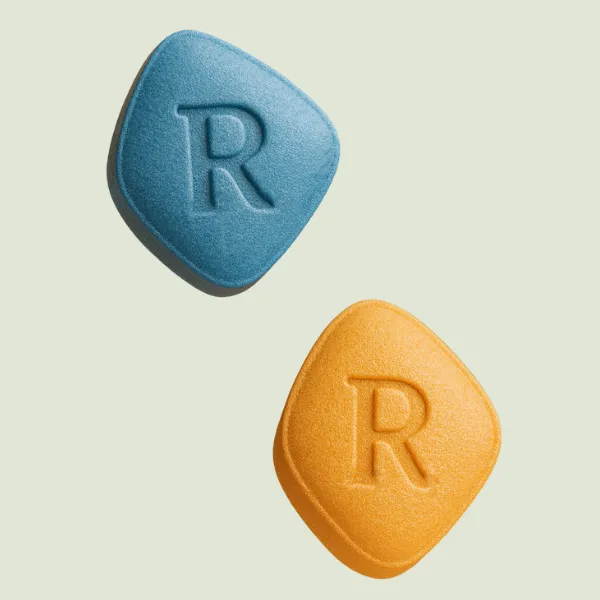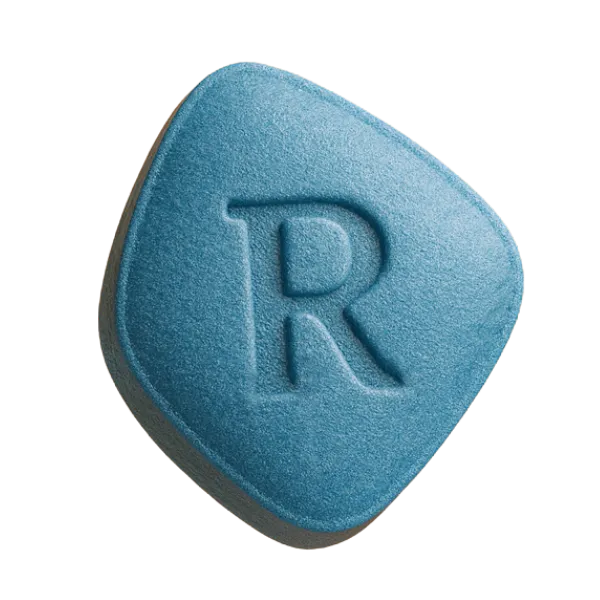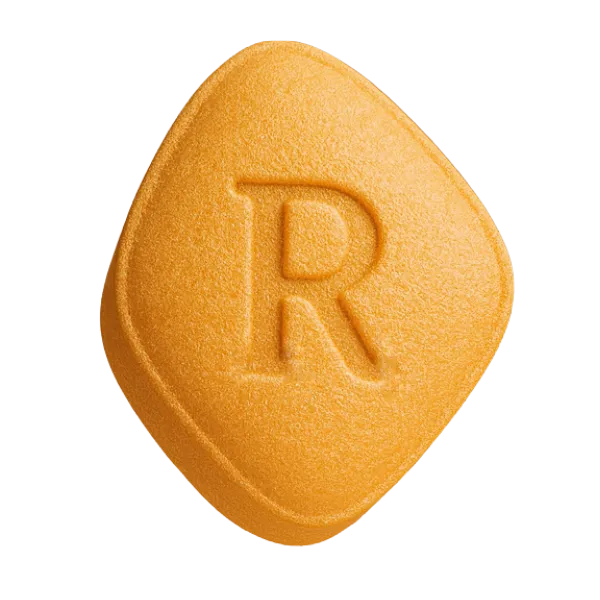Meet the RightMD Team
Your partners in health
Targeted Treatments, Real Results.






.webp)
.webp)


.webp)


Repurposed anti-parasitic medication. Taken as a daily tablet to support immune response and potentially slow cancer cell growth.
Starting at Just $125

Well-known antiparasitic. Taken daily for its potential to inhibit tumor growth and support immune defense.
Starting at Just $125
Erectile dysfunction (ED) is more common than you might think — and it affects men of all ages. Whether it’s occasional difficulty, reduced firmness, or ongoing challenges in the bedroom, the signs can appear gradually.
In many cases, ED is linked to blood flow, stress, or underlying health conditions, but hormones and lifestyle can also play a role. Over time, this can affect confidence, intimacy, and overall quality of life.
The good news? Effective treatments exist to restore performance and confidence. With our simple online process, you can get expert care and proven medication — discreetly and without the hassle of in-person appointments.
The right treatment depends on your health history — but two of the most proven options are Tadalafil and Sildenafil.
Tadalafil (also known by the brand name Cialis) is a once-daily or as-needed prescription pill. It works by increasing blood flow, helping you achieve and maintain stronger erections. Its effects can last up to 36 hours, giving more flexibility and confidence.
Sildenafil (often known as Viagra) is a fast-acting pill you take before intimacy. It improves blood flow to the penis, supporting reliable erections when you need them most. Its effects usually last 4–6 hours.
Used individually or in the right plan for you, these treatments can make a real difference. We’ll help you choose what’s safe and effective for your lifestyle.
Erectile difficulties can be temporary or ongoing. Stress, fatigue, lifestyle changes, or health conditions can all affect performance — and in many cases, these issues are reversible once the root cause is addressed.
More persistent challenges, however, may be linked to blood flow or other underlying health factors. That’s where proven medications like Tadalafil and Sildenafil can help restore confidence and improve performance.
Can It Be Cured?
There’s no one-time “cure” for erectile dysfunction, but effective treatments exist. Medications like Tadalafil and Sildenafil have helped millions of men achieve and maintain stronger erections, giving them control and confidence again.
Like all medications, ED treatments can come with side effects — but most men tolerate them well.
Some may experience headaches, flushing, stuffy nose, upset stomach, or dizziness. These effects are usually mild and often fade with time. In rare cases, vision or hearing changes, chest pain, or prolonged erections may occur. If you notice anything serious, stop the treatment and seek medical help right away.
There have also been rare reports of interactions with heart medications (like nitrates), so it’s important to share your full health history with us before starting.
Always read the leaflet that comes with your medication, and let us know if you notice anything unusual — we can help you find the right option.
.png)
.svg)
.svg)
Select from effective treatments for hair loss, ED, weight management, and more.
.png)
.svg)
.svg)
Complete a short form. Some visits may be live (video/chat), while others are reviewed asynchronously—always private.
.png)
.svg)
.svg)
If approved, your treatment is prepared and ready to go—quickly and confidentially.
.webp)
.svg)
.svg)
No pharmacy runs or complicated steps — just safe, secure delivery for a smooth healing experience.

Generic Viagra (Sildenafil) and Generic Cialis (Tadalafil) are prescription medications used to treat erectile dysfunction (ED), a condition where achieving or maintaining an erection becomes difficult. They work by improving blood flow to the penis, helping you achieve a firm, lasting erection when sexually aroused. Both are FDA-approved generic versions of well-known brand medications, offering the same effectiveness at a lower cost.
The key difference is how long they last. Sildenafil (Viagra) typically lasts for about 4–6 hours, while Tadalafil (Cialis) can remain active for up to 36 hours, earning it the nickname “the weekend pill.”
Sildenafil is ideal for occasional use before sexual activity, while Tadalafil can be taken either as needed or once daily for more spontaneity and consistent readiness.
Sildenafil (Generic Viagra): Take 1 tablet (usually 50mg) about 30–60 minutes before sexual activity.
Tadalafil (Generic Cialis): Take 1 tablet (usually 10mg) at least 30 minutes before sexual activity. The effects can last up to 36 hours.
Do not take more than one dose in 24 hours. Always follow your healthcare provider’s guidance for dose adjustments.
Tadalafil can be taken daily at lower doses for men who prefer consistent results and spontaneity. Sildenafil is generally taken on demand rather than daily. If you’re considering daily use, your provider will determine if that’s safe based on your medical history, blood pressure, and other medications.
Yes, when used under medical supervision. Both Sildenafil and Tadalafil are well-studied and generally safe for most men. However, they should not be used by individuals taking nitrates (such as nitroglycerin for chest pain) or certain blood pressure medications. Always disclose your full medical history and current medications during your consultation.
Most men tolerate these medications well. Common side effects may include mild headache, facial flushing, nasal congestion, dizziness, upset stomach, or temporary vision changes.
If you experience chest pain, fainting, sudden vision or hearing loss, or an erection lasting more than 4 hours, seek immediate medical attention.